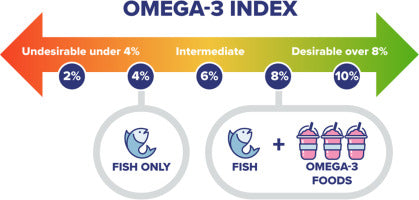Understanding the Brain's Inherent Iodine Needs
The Role of Iodine in Brain Function and Development
Iodine is vital for our brains. It helps create thyroid hormones. These hormones are key for brain growth and function. They contribute especially during pregnancy and early life. Without enough iodine, there can be developmental issues. This is why getting the right amount matters for brain health.

Assessing the Daily Requirement for Iodine
The human body needs a small yet crucial amount of iodine daily. For most adults, about 150 micrograms (mcg) is ideal. This supports brain functions like thinking and memory. The daily need can vary with age, health, and diet. Expecting mothers often need more, as do growing children. To be sure, a lab test or doctor's advice helps. This ensures one gets the right iodine amount for their brain health.
The Science Behind 150mcg Iodine as a Supplement
How 150mcg Iodine Promotes Mental Clarity and Concentration
Iodine is a key nutrient for the brain. A 150mcg dose is shown to help keep the mind sharp. This small amount boosts brain function throughout the day. It helps with focus and letting you stay on task. Such a precise dose keeps mental fog at bay. It's important for adults and vital for those with low iodine. Yet, it's not a fix for all and should be part of a balanced diet. Always ask a doctor before starting any new supplement.
The Impact of Iodine on Memory and Learning Abilities
Iodine plays a key role in brain health. This micronutrient is crucial for memory and learning. It helps in the development and function of the brain. When one has enough iodine, the mind works better. Studies show that 150mcg iodine supports cognitive functions. This amount boosts brain performance and aids in learning. Yet, many people do not get enough iodine daily. With a 150mcg supplement, you can fill this gap. Doing so can improve your mental abilities. Both young and old can benefit from the right iodine levels. It is particularly important during pregnancy for fetal brain development. Always consult a doctor before starting supplements. They can advise you on safety and dosage.
Practical Advice for Consumers Regarding Iodine Supplements
How to Choose the Right Iodine Supplement
Choosing an iodine supplement may seem complex. Here's how to simplify the process. First, always look for quality. Buy from reputable brands and check for purity. Then, consider your diet. If you eat foods with iodine, you may need less. Finally, check the dosage. A doctor can advise on the right amount for you. Stick to the recommended 150mcg if unsure. But always consult a healthcare pro first. They know what fits your needs best.
Best Practices for Maintaining Optimal Iodine Levels in the Body
To keep iodine levels right, consumers should follow some tips:
- Eat foods rich in iodine like seaweed, fish, and dairy.
- Check for iodine in your usual salt. If low, consider iodized salt.
- Be consistent with supplements. Take 150mcg daily, or as your doctor says.
- Avoid skipping days. Stick to a routine for best results.
- Get regular check-ups. Your doctor can check iodine levels with a lab test.
- If pregnant or nursing, talk to a doctor about iodine needs. It's vital for brain health.
Keeping iodine in check helps your brain work its best.




